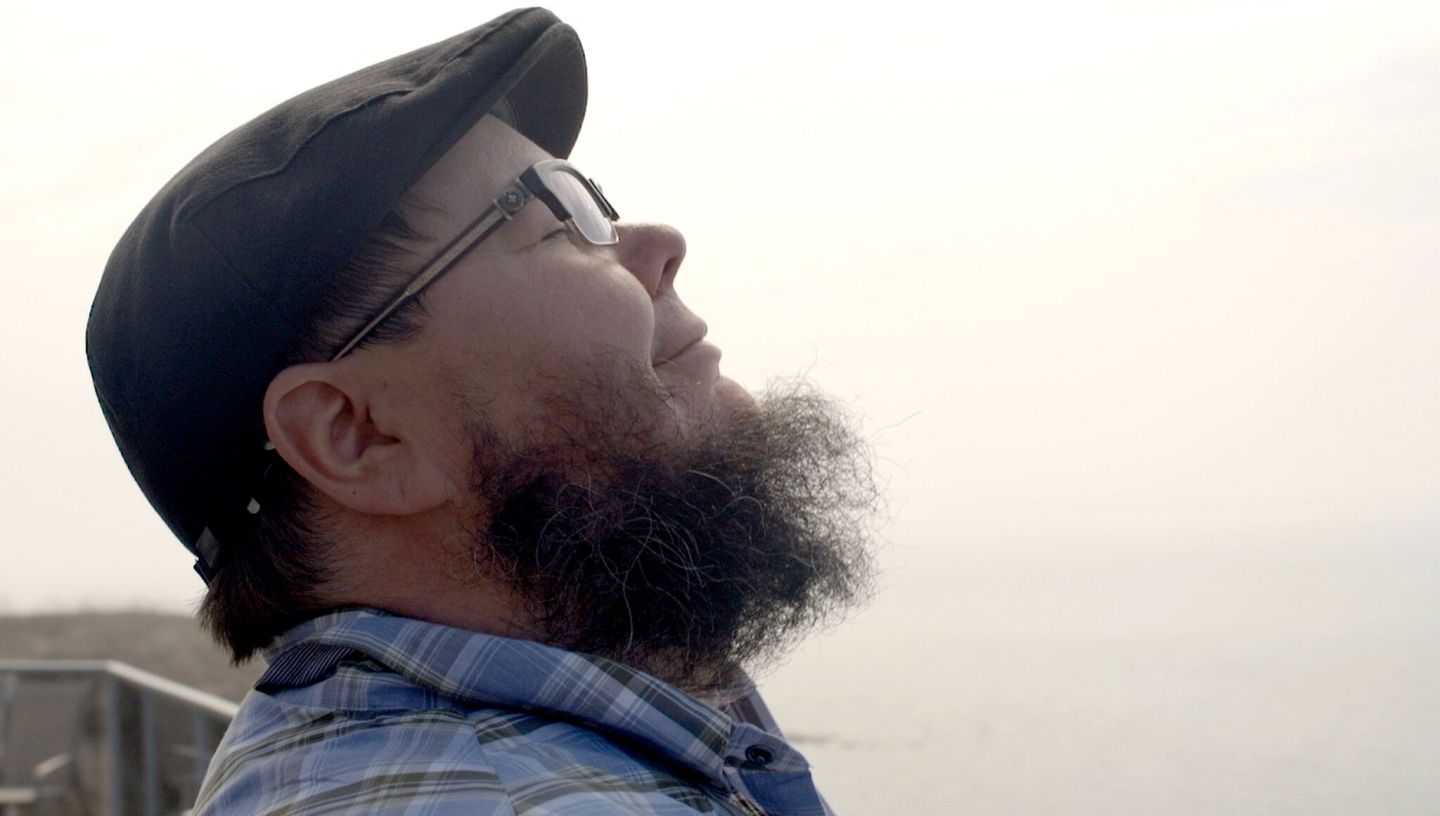An Interview with Melanie Wood
By Alex Migdal
This film is part of the annual #mustseeBC filmmaker showcase presented by STORYHIVE, now open until September 28th. Visit mustseebc.viff.org/ for more details and to vote for Shut Up And Say Something.
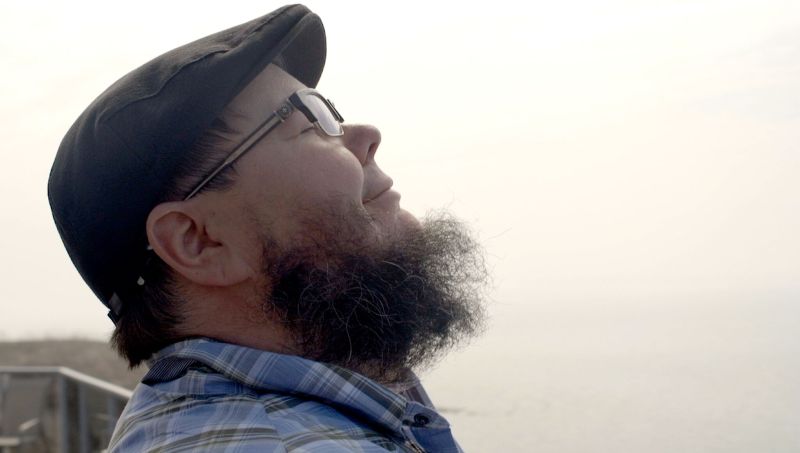
Only a handful of artists have catapulted to fame with their spoken word poetry. Shane Koyczan is one of them. In 2010, the Penticton, BC-raised poet gained an international audience when he performed at the opening ceremonies of the Vancouver Olympics. Three years later, Koyczan’s poem “To This Day” went viral on YouTube. The searing verses recount the bullying Koyczan suffered as a child and its lasting impact.
Koyczan’s honesty intrigued Vancouver-based filmmaker Melanie Wood. The director has already covered a range of heavy topics, from internet predators to the effect of diabetes on First Nations communities. So she didn’t shy away from Koyczan’s past, which was largely shaped by his parents abandoning him and being raised by his grandmother.
In Shut Up And Say Something, Wood details Koyczan’s deepest insecurities — weight and bullying — and his journey to reconnect with the father who left him (his mother has since passed away). In our interview, Wood said she’s typically given a voice to the silenced. But Koyczan’s voice is larger than life — and her newest films looks beyond the words on stage.
Alex Migdal: Do you remember the first time you heard about Shane or heard his work? What was your impression?
Melanie Wood: The first time I heard Shane was at Vancouver Folk Music Festival. He was with his group Tons of Fun University, which was known as Tofu then. He blew me away. He was much younger and a big heavy guy who made jokes about that. But he was also an artist. He can hold a crowd like I haven’t seen in a long time. I thought it was so brilliant that he can take something that’s so personal and work through it in a way that keeps you entranced.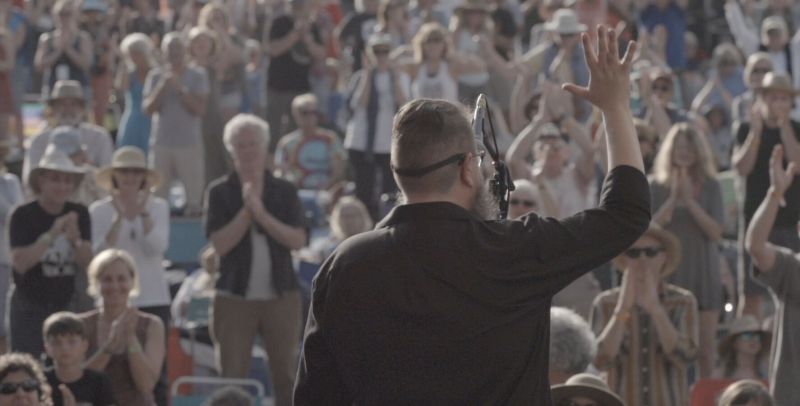
Migdal: A friend in the film notes that Shane’s got a hard shell to penetrate. How did you navigate that?
Wood: Stuart Gillies, my collaborator, had already been working with Shane and had his trust. But for me, it took meeting him a few times. It was our first trip on the road where we broke through. We went to Toronto first. It was an easy trip where we weren’t yet searching for his family. From then on, we had this brother-bugging-sister relationship.
Every step of the way, we would have conversations about the film. I wrote the synopsis when the film first came to me. I said, here’s the story I’m interested in telling. It was on one page and it included his dad, his family, his weight, his bullying. My method is to always be clear. Here’s the story I want to tell and are you willing to tell it?
There would be times when he’d say “Ugh, I don’t like the way this is going. I don’t want to do that.” And sometimes, we’d just say “That’s fine, we’ll respect that.” Other times, we’d ask how would you approach this? Because we think it’s important for the audience to hear. People aren’t going to come just to find out about you. They want to take away something as well. That requires a big shift in thinking.
Migdal: Had you always known the film’s premise would be Shane’s reunion with his father?
Wood: From day one. To me, that’s one of those archetypal journeys that makes for a powerful film. It’s having that sense of what is this going to do to an audience? What nugget of his story is going to make us sit up and take notice? I come from what people call “a broken family”. But somehow, I didn’t end up with that same sense of strife and anxiety as Shane did. I’m also not the same kind of artist that he is. He uses the anxiety to make his art.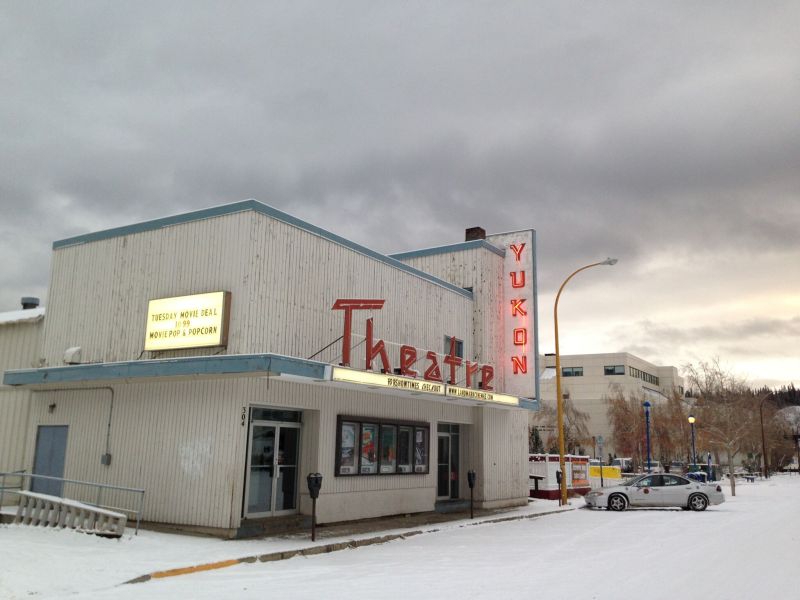
Migdal: The film’s climax — in which Shane has his father sit down and listen to a poem about his abandonment — is so intimate. It almost feels like you’re eavesdropping. How did you come up with that scene?
Wood: We had to convince Shane and he was the one who said “I’m ready.” His dad also said yes right away. Once they agreed, I wanted to get in there and do different shots and zoom in. But Stuart said the scene was too intimate. It should almost be like we’re not in the room. So, the camera was in the room, but the rest of us we’re not. You’re right, it’s a weird feeling because it feels like you shouldn’t be there. You’re a fly on the wall and it’s uncomfortable.
I was privileged enough to be in the recording studio when Shane recorded the poem for his dad. It’s the birth of a work of art and it was so emotional for Shane. I hold that very dear. I think words and poetry can hit you in your heart without going through your brain. It can stick with you and open up doors that your brain might not allow.
Migdal: Were there any other challenges you encountered?
Wood: There were some times where Shane wasn’t okay with filming. One would be when his nephew, Harlen, learns from his mother that he has half-siblings. That’s one of the most powerful pieces of documentary film I’ve ever encountered. How can you not use that? It says so much about family, secrets, broken lives.
Shane absolutely did not want that in there. I truly honour Shane’s feelings and decisions, but this was one where I just knew he was wrong. He thinks that Harlen might be bullied because of that scene. Harlen is an entirely different kid than Shane ever was. He plays hockey, he’s confident. He has a mom who’s been consistent in his life. I don’t think it’s the same circumstance as when Shane found out and he was bullied because his grandmother was his mother. But for Shane, that triggers all these feelings. That’s a really hard decision for me to make. I was 18 when I found out I had brothers. I don’t come at this from a callous point of view. 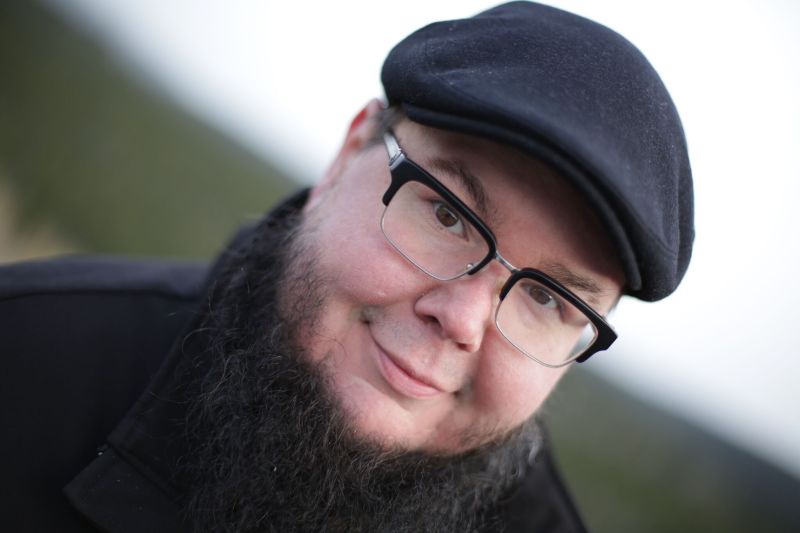
Migdal: What’s it like for you for the film to be playing at VIFF this year, given Shane’s ties to Vancouver?
Wood: I thought it was really important for this film to play in his hometown. Shane is from Penticton, but his art circle is here. We’ve been working on the film as a little team for so long that he deserves to have a home audience. And the home audience deserves to be the first to see it. I couldn’t think of a better place for it to premiere than VIFF. He’s going to be there, along with a top-secret guest.
Migdal: What do you make of Shane’s mantra, shut up and say something? What does it mean to you?
Wood: You can ask him the same question and it would probably be a very different answer. To me, it means just stop just yacking and actually do something. It’s more to me about taking action. You can say something with words or a hug or a poem or a stance. But shut up all the clutter — all the cocktail party words that we use to bury ourselves — and truly say something.
Shut Up And Say Something is screening at the Vancouver International Film Festival as part of the SEA TO SKY program stream on Wednesday, October 4 and again Sunday, October 8. Tickets available here.
This interview has been edited and condensed.
